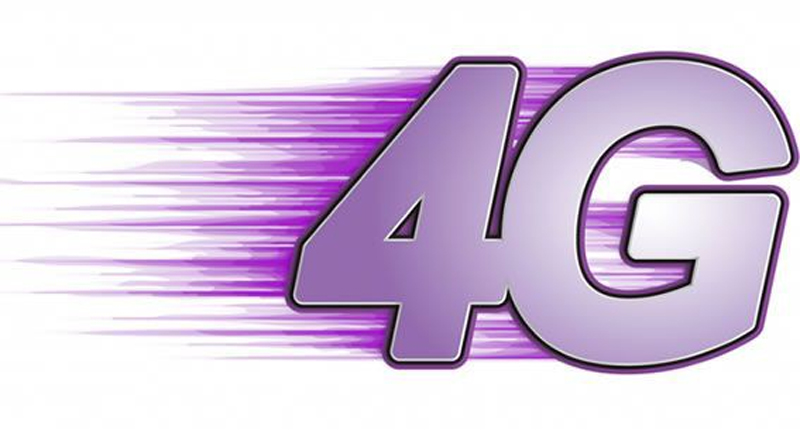*Students, teachers, judiciary, docs want prompt decision
Low-speed an impediment in video-conferencing, calls
Mohinder Verma
JAMMU, Mar 25: With almost all the sectors have become dependent on internet keeping in view lockdown and to maintain social distancing, the restoration of 4G mobile services in the Union Territory of Jammu and Kashmir has become imperative and all the sections of the society are pressing for Government’s prompt decision in this regard.
The internet services were suspended in Jammu and Kashmir on August 5 last year, hours before the Centre announced the abrogation of Article 370. While the 2G services on mobile phones besides broadband and lease-line services were restored months later, the 4G services continued to remain suspended.
In his order dated March 17, 2020, the Principal Secretary to Government, Home Department had mentioned that the low speed internet will continue in the Union Territory of Jammu and Kashmir till March 26, 2020 in the interests of sovereignty and integrity of the country.
No doubt demand for restoration of 4G mobile internet services was being raised during the past many months but the voices grew louder following outbreak of Coronovirus (COVID-19) in the Union Territory of Jammu and Kashmir and subsequent imposition of restrictions on movement of people and closure of Government as well as private establishments.
Keeping in view the prevailing situation, almost all the sectors are completely dependent on internet to ensure their functioning up to the possible extent but availability of only low speed internet on the mobile is creating obstacles for them.
As far as education sector is concerned, both the Higher Education and School Education Departments have initiated steps to start online classes for the students and have created WhatsApp groups to circulate the study material. Similarly, managements of large number of private schools are planning to use Google Classroom and other digital learning platforms so as to provide study material to the students.
However, low-speed internet has become an obstacle in all these initiatives. “We are trying to take online classes through Google Classroom but due to poor internet speed the initiative has virtually become head-ache for us as well as students”, said some officials of the Higher Education Department, adding “because of only 2G services there is frequent disruption in the internet connectivity on mobile”.
“Because of low-speed internet the downloading of contents takes hours together thus defeats the objective behind taking online classes”, students of some Government Colleges said while wishing anonymity.
As far as judiciary is concerned, it has been decided that High Court as well as Subordinate Courts will hear the urgent matters through video-conferencing and video-calls through WhatsApp but in the absence of 4G internet services the same is not going to yield the desirable result.
“It is a welcome step to hear the important cases through video-conferencing or video-calls in order to ensure social distancing but for effective functioning of this mechanism high-speed internet is required”, said some Judicial Officers while wishing anonymity, adding “at the end of courts there might be good internet speed but at the end of the lawyers and litigants the internet speed is dismal as such is an impediment in meeting the objectives behind hearing cases through video-conferencing or video-calls”.
Similarly, majority of the private offices, which have curtailed the presence of staff in order to ensure social distancing, are finding it difficult to hold video-conferencing or video-calls with those operating from the homes because of poor-internet connectivity. “There is no plausible reason for the authorities concerned to keep on suspending 4G internet services anymore as the phase which had compelled the Government to take this decision is over now”, said some officers of the private companies.
Even the doctors have been finding it difficult to offer online consultations especially after the closure of routine OPDs in majority of the hospitals in the Union Territory of Jammu and Kashmir.
To ensure social distancing large number of doctors have announced online consultations but in some cases the physical condition of the patient is required for better treatment. For this, video-graphic consultation can help in diagnosis without compromising on social distancing. But the low-internet speed is creating obstacles in timely sending diagnostic reports to the doctors by the patients.
“This is the high time for the Government to immediately restore 4G internet services so that all the sectors which have resorted to video-conferencing and video-calls can function smoothly”, people from different sections of society told EXCELSIOR.


